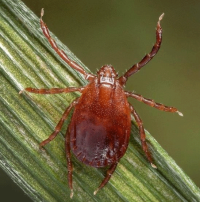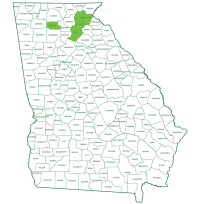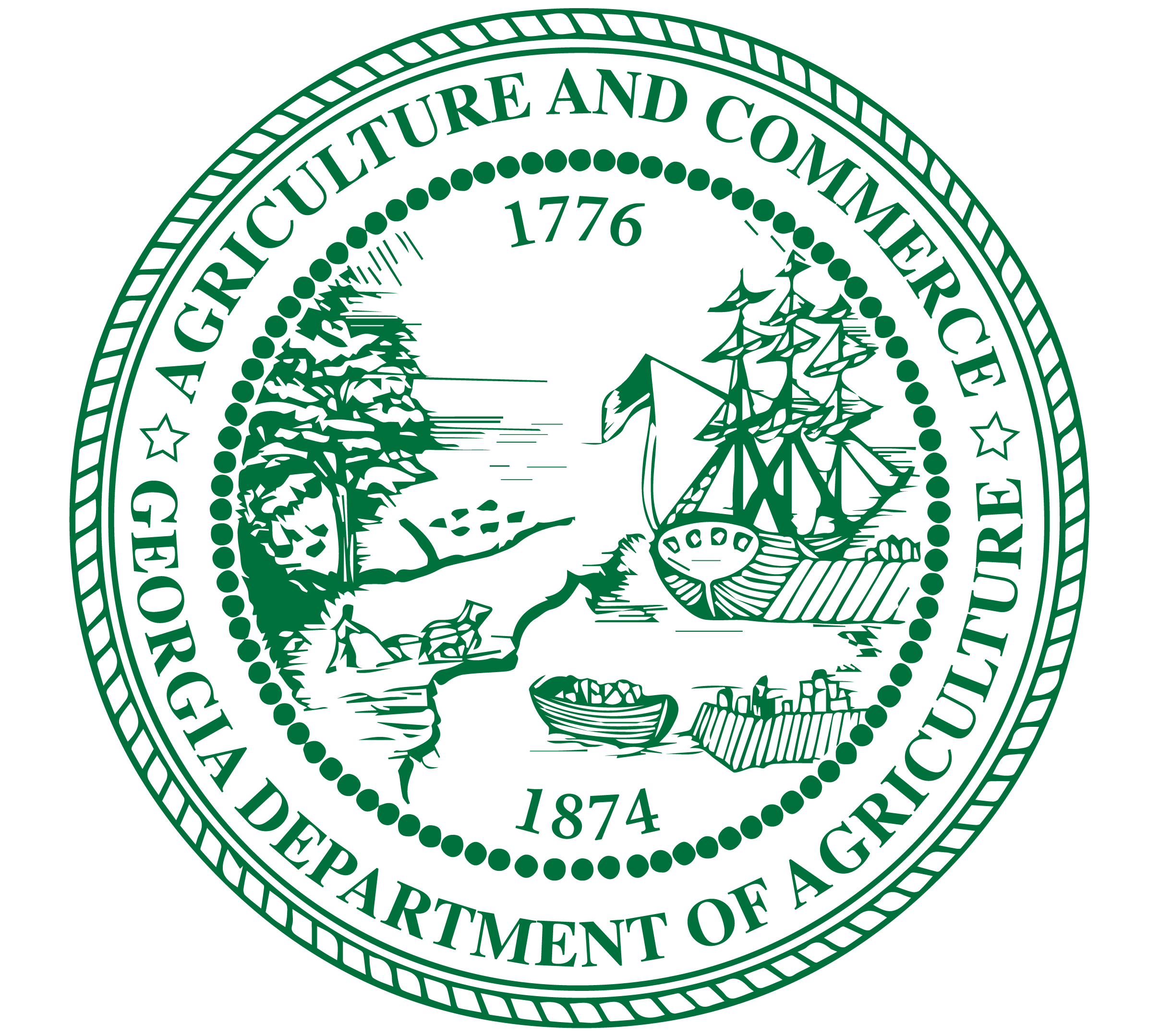
The Georgia Department of Agriculture’s (GDA) Animal Health team has confirmed the presence of the Haemaphysalis longicornis tick (otherwise known as the Asian Longhorned tick) in Habersham, Hall, Pickens, and White counties.
The Asian Longhorned tick (ALHT) is native to eastern Asia, but in 2017, the USDA confirmed that the tick was present in the United States. Subsequently, it's been identified in several states in the Eastern United States. The tick spends part of its time on the animal and part in the environment and will feed on many different hosts, including humans.
You can find more information about the Asian Longhorned Tick at these links:
- Southeastern Cooperative Wildlife Disease Study (SCWDS)
- United States Department of Agriculture (USDA)
- Georgia Department of Agriculture ALHT Webinar
If you find a large number of ticks on an individual animal, call your veterinarian and report it to the State Veterinarian at the number below. Learn more about how to collect, package, and report ticks here.
GDA recommends the following advice to farmers, foresters, and those who frequent areas where ticks are abundant:
-
Wear long pants, with shoes and socks - no flip flops or sandals in these areas.
-
Check yourself carefully after strolling through likely tick habitats and remove any ticks immediately. If possible, have someone else check the back of your neck and other hard-to-see places.
-
Check cattle, horses, sheep, goats and other free ranging animals routinely for any kind of ticks and remove immediately.
-
Work with your veterinarian and extension agent to discuss an appropriate tick strategy for your flock or herd.
-
Environmental control may include mowing, fencing, and appropriate environmental acaricide application.
-
While there are no approved insecticides for the ALHT in the U.S., many of the common permethrin preparations used in the country today are effective. Livestock producers must observe tissue withdrawal times for all insect prevention or treatment preparations used in or on food animals.



